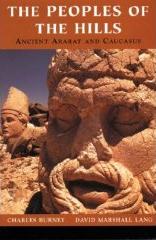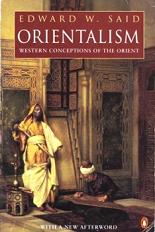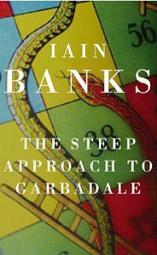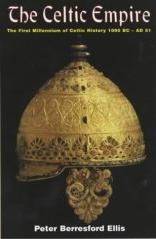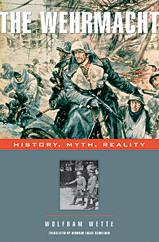
Wehrmacht: History, Myth, Reality
Wolfram Wette
372 pages including index
published in 2002
One of the enduring myths of World War 2 is the idea that the crimes committed by nazi Germany were the work of a relatively small number of villains with the vast majority of the German population either being their victims or just trying to make the best of a bad situation or to do their duty to their country. More specially this myth lives on in the idea that while the Waffen SS was a criminal organisation responsible for uncounted numbers of warcrimes, the Wehrmacht, Germany’s most important military organisation, had relatively clean hands. With tens of millions of German men having served in the Wehrmacht during World War 2 it is no surprise that this myth came into being. Far easier to believe you were the innocent dupe of Hitler than to acknowledge that you may just be a fellow criminal. What’s strange is that this idea is believed not just in Germany, but throughout Western Europe and America. If like me you’re interested in military history, you sooner or later come across military enthusiasts extolling the martial virtues of the Wehrmacht, without much consideration of the context in which they fought.
Wehrmacht: History, Myth, Reality was written to explode this myth and explain how and why it came into being. Its author, Wolfram Wette, is a German historian who’s made his speciality in researching Germany’s history of militarism. Until 1995 he worked for the official German institute for military history research, where he worked on Germany’s official history of World War 2, which should lend considerable weight to this book. This is no firebrand outsider courting controversy with a perhaps overstated sensationalist thesis (as with Daniel Goldhagen’s Hitler’s Willing Executioners), but a distinguished senior historian attempting to put an generally accepted truth before the general public.
